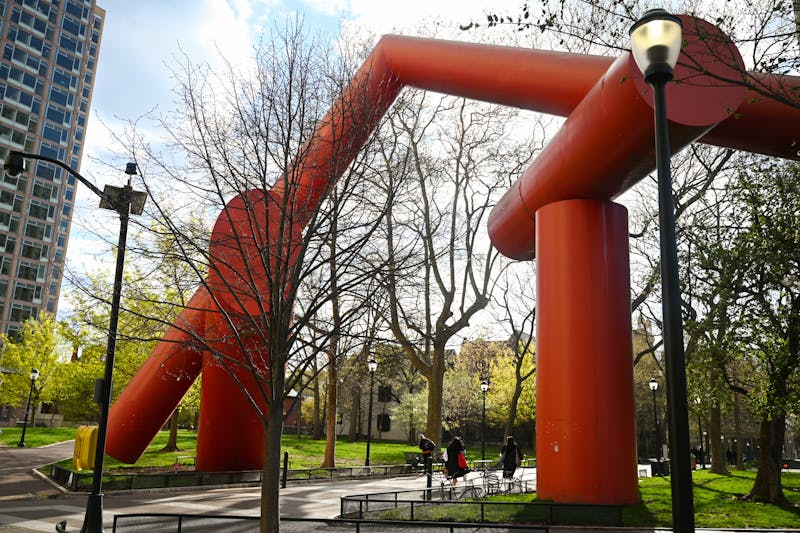As of 7 p.m. yesterday, the University's West German students officially became German students. The two Germanys ended 45 years of division at midnight German time last night with a huge ceremony and celebration. For millions of Germans around the world, last night's reunification represents the start of new era of freedom and unity. And while German students at the University said this week that they are happy with the newfound German unity, many were unsure if it would have any impact on their daily lives. College freshman Viviana Markuth, who lives in Hamburg, said that although unification is a necessary step for East Germans, West Germans, such as her, had lived in a divided country for over 40 years and many had considered it a way of life. "[Reunification is] not that much of a big deal," Markuth said. "We grew up with the wall. It was a fact of life. Mainly those who lived before the war will greatly appreciate the change." While world reaction to a unified Germany has been overwhelmingly favorable, a few have voiced concern that history would repeat itself. Germany was first united in 1871 under Kaiser Wilhelm I, and about 50 years later, Nazi dictator Adolf Hitler replaced the parliamentary government. However, German students said this week that it is unlikely that the new Germany will ever resemble its past. "A minimum of one year in school is spent studying the Nazi era," Wharton sophomore Tom Kirfel said. "It's pounded into our heads that [the Nazi Era] is not something to be proud of. Nationalism, like that which exists in France and England, is inconceivable in Germany." He added that he hopes that a new unified Germany, which he said has learned from past mistakes, will create a new sense of nationalism in which citizens can be proud of their country's present accomplishments -- something that has been lacking since the war. "I feel a little bit of pride, of hope that there may be a country to be proud of again -- a country to call home," Kirfel said. As for his personal celebration were he still in Germany, "I would party party party," Kirfel said. "Today is going to be the biggest party Germany has ever seen." "All in all, we're all in one boat," he added. "Everyone wants it to go well." Carsten Scheide, a part-time Wharton student, has always seen reunification as an event that was going to happen someday, but not in his lifetime. "I think it was somewhat of an inevitability," Scheide said. "But I thought I'd be at least 90 before something like this ever happened." Others, like Wharton freshman Mazyar Moghadam -- an Iranian who was born and lived in Germany until recently -- said they were happy that a unified Germany will allow for a free exchange of ideas between students from the former East and West Germanys. "I was in East Berlin shortly before the revolution and it was the most depressing day of my life," Moghadam said. "It was terrible. [People] were literally afraid to talk to me." Markuth said this week that finally, East Germans will be able improve their quality of life. With the influence of Western ideas and technology, she added, they will be able to experience a completely new and improved lifestyle.
The Daily Pennsylvanian is an independent, student-run newspaper. Please consider making a donation to support the coverage that shapes the University. Your generosity ensures a future of strong journalism at Penn.
DonatePlease note All comments are eligible for publication in The Daily Pennsylvanian.








